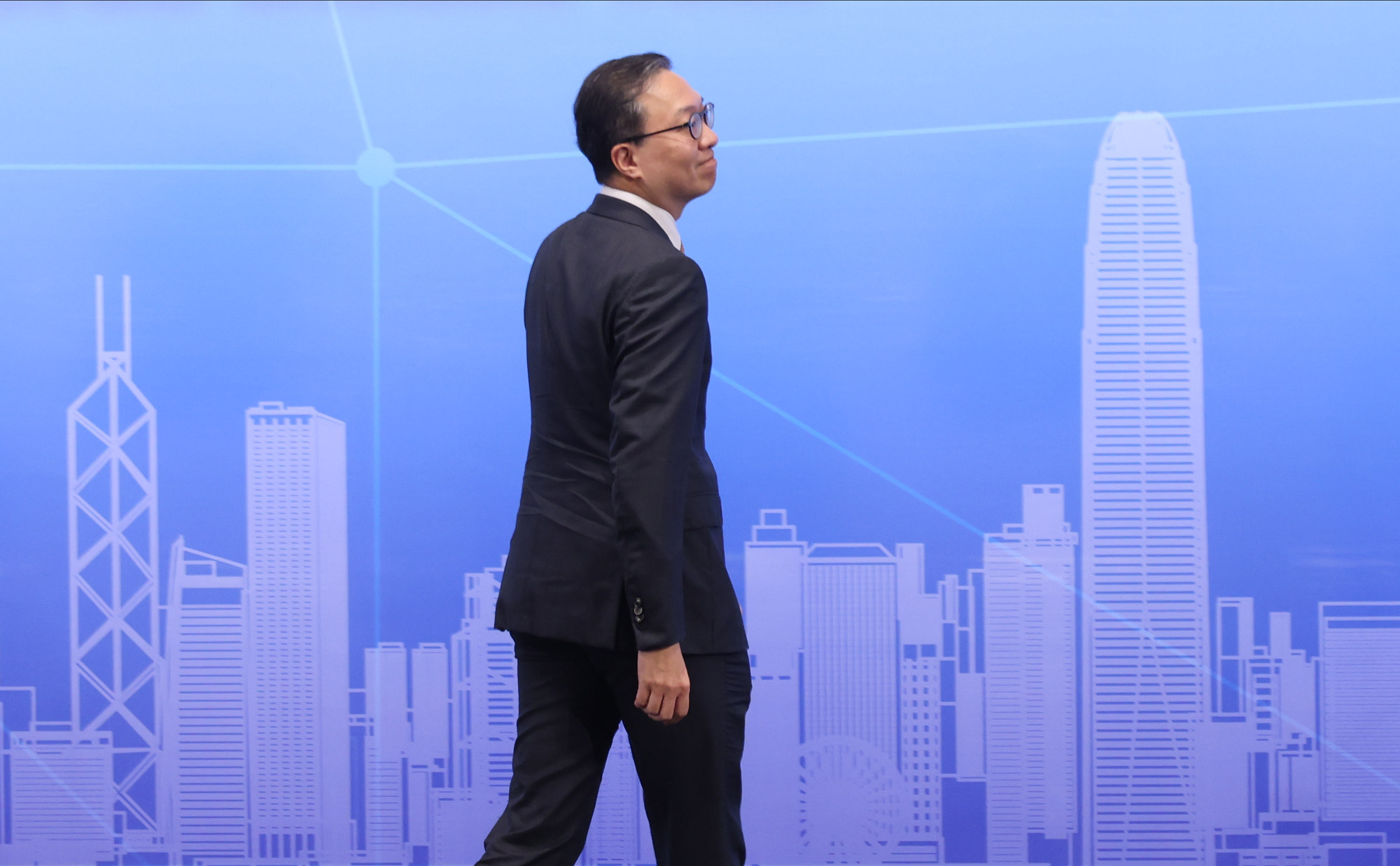
New arguments in fresh court bid to ban protest song ‘Glory to Hong Kong’ revealed by government
- Justice Department lawyers insist ban can be implemented without ‘chilling effect’ highlighted in original refusal of injunction against song by High Court
- Government lawyers say ban will ‘amplify deterrent effect’ as prosecution difficult because fake names used to circulate song
After the Court of First Instance last month gave the green light for the appeal, the department said that Mr Justice Anthony Chan Kin-keung of the High Court had erred in his finding that an injunction could bring about a “chilling effect”.

The government’s lawyers said the proposed ban was designed only to target unlawful acts that endangered national security.
“It is thus plainly wrong to take into account that perfectly innocent people would distance themselves from what may be lawful acts involving the song if the injunction is granted,” the amended notice of appeal said.
“The criminal law has already carried a deterrent effect. Those sailing close to the wind in case of doubt should not do it.”
Several additional arguments were submitted to the appeal court on September 6 and a hearing is expected to take place on December 19.
The government argued that the lower court failed to consider the importance of the preventive nature of the ban.
They added the judge’s view that “the more effective tool may be one of education” lacked evidential basis and was “divorced from reality”.
“Public education cannot be compared to a court order which has the force of the law and is far more effective in commanding the public’s attention and compliance; and hence achieving the requisite preventive and suppressive effect,” the new notice of appeal said.
Chan said as he rejected the earlier interim injunction bid that it did not involve “real utility” as acts the government wanted to ban were already punishable under Hong Kong’s criminal law.
But the justice department said in its latest submission that the injunction could amplify the deterrent effect, considering barriers to prosecution as many people used fake names when disseminating the song.
“Glory to Hong Kong” is seen by authorities as “designed to arouse anti-establishment sentiment and belief” and promote the separation of Hong Kong from mainland China.
It has caused controversy when played by mistake at overseas sports events involving Hong Kong instead of “March of the Volunteers”.
The government wants to outlaw the promotion of “Glory to Hong Kong” through “broadcasting, performing, printing, publishing, selling, offering for sale, distributing, disseminating, displaying or reproducing in any way”.

